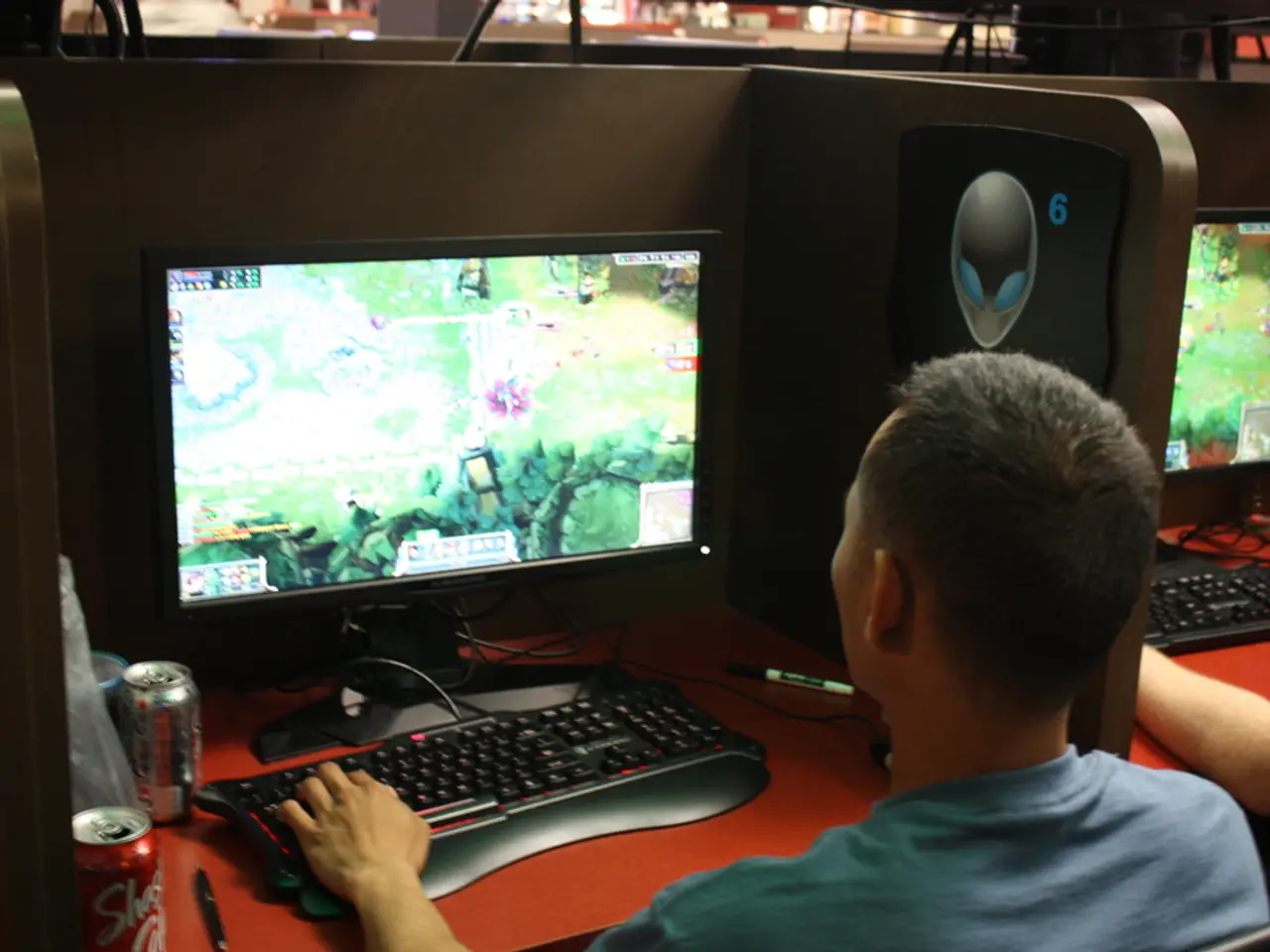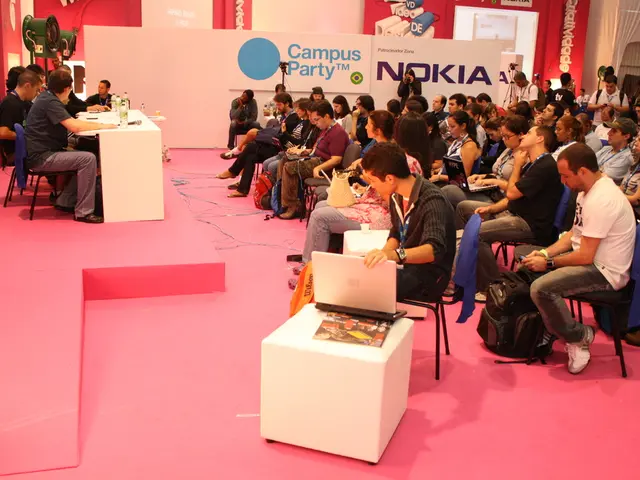Generational Differences in Gambling Preferences: Comparing Millennials and Generation Z
In the ever-evolving landscape of online gambling, two generations stand out as key influencers: Millennials and Gen Z. Their distinct preferences and habits are reshaping the industry, driving innovation and catering to different demographic needs.
Millennials, aged 25 to 40, currently account for the largest share of online gambling revenue, with a staggering 52.33% in 2024[1]. Their engagement is rooted in traditional but interactive formats such as live betting, fantasy sports, and loyalty programs that span multiple platforms. This blend of stability and tech adoption favors familiar gambling modalities enhanced with digital integration[1].
In contrast, Gen Z, under the age of 25, while generating less revenue currently, displays the highest growth rate in online gambling, with a projected 14.32% Compound Annual Growth Rate (CAGR)[1]. Their preference leans towards mobile-first experiences, social gaming, interactive features like streaming-integrated odds, and competitive elements such as leaderboards[1]. Their engagement is shaped by a demand for innovation, immediacy, and social connectivity through gambling platforms[1].
From a gaming perspective, Gen Z gamers also spend more on mobile in-app purchases, focusing on unlocking exclusive content and personalization[2]. These trends spill over into gambling preferences, as interactivity and customization become critical factors.
The online casino industry adapts by leveraging technologies like geofencing, real-time content personalization, and harm-mitigation tools (customizable limits, active-time alerts) to tailor experiences and maintain responsible gambling frameworks across different age groups[1].
Interest in sports betting illustrates a similar trend. Millennials maintain a strong focus on live/in-game betting integration, emphasizing their affinity for dynamic betting experiences allied to live sports events[4]. On the other hand, Gen Z finds platforms that combine streaming, live stats, and betting, like Twitch-integrated sportsbooks, appealing[1].
Understanding the differences between Millennials and Gen Z and catering to their unique preferences is essential for the iGaming industry's long-term success. Millennials prefer live-streamed casino tables for their sense of realism and fairness, while Gen Z seeks fast, interactive, and immersive online gambling experiences.
Millennials, now in their 30s and 40s, are the largest demographic of active online gamblers. They are less willing to take additional steps or commit extended time and spending, which can be a barrier to engagement. In contrast, Gen Z, the first generation raised entirely in the digital era, is rapidly engaging with online gambling. Some view it as a coping mechanism, while others are drawn to esports betting, particularly on titles like CS:GO, League of Legends, and Valorant. Their gambling habits mirror their gaming culture, favoring casino environments that feel like multiplayer arenas.
In summary, Millennials prefer integrated, multi-platform betting with refined loyalty features, while Gen Z seeks mobile-centric, immersive social and competitive gambling experiences. The industry adapts by innovating technologically and expanding interactive content to capture Gen Z’s growing influence while maintaining the stable revenue base from Millennials. This dual approach drives the ongoing evolution and marketing strategies of the online casino market.
The sports betting industry is influenced by the distinct preferences of Millennials and Gen Z, with Millennials focusing on integrated, live/in-game betting options, and Gen Z drawn to platforms that combine streaming, live stats, and betting, such as Twitch-integrated sportsbooks.
In the casino-and-gambling sector, understanding gambling-trends among Millennials and Gen Z is crucial for long-term success. Millennials prefer live-streamed casino tables for realism and fairness, while Gen Z seeks fast, interactive, and immersive online gambling experiences.






